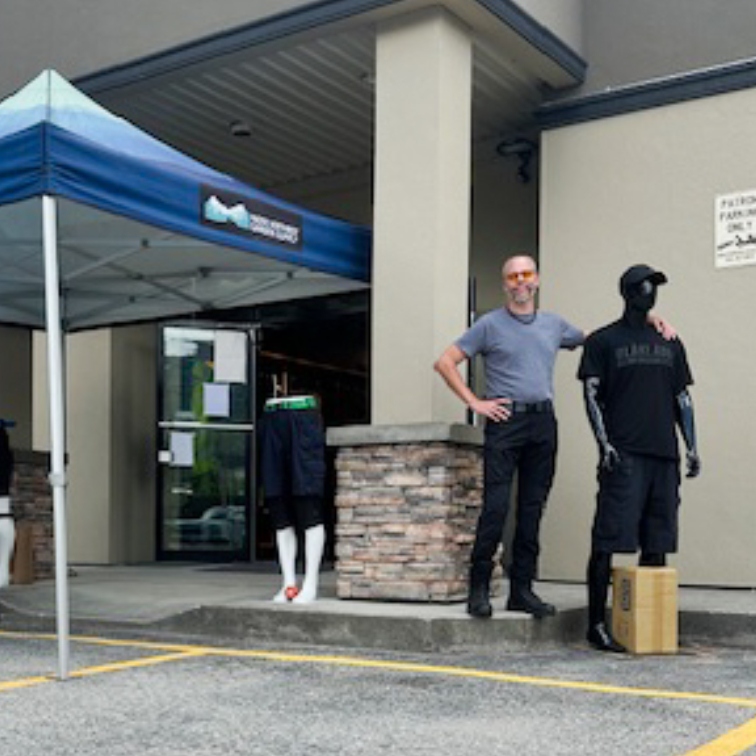Nelson rich in opportunities for years to come
Tourism growth and development, resurgence of local industries and planning for the future set Nelson on the right path.

— Photo courtesy of John Dooley
Opportunities for growth, development and business abound for Nelson and surrounding areas over the next few years, said recently re-elected mayor John Dooley.
Dooley, now in his third term as mayor of Nelson, said tourism is high amongst those opportunities.
A key component in developing tourism in Nelson and the entire area is the ongoing renovation of the former C.P. Rail station at the far end of Baker Street that will see it house the Nelson and District Chamber of Commerce and become a tourism hub for the city.
“That will have a huge impact on how we deliver the tourism piece of not only Nelson but the entire surrounding region,” Dooley said. “When combined with Invest Kootenay and our destination marketing, we have real opportunities to continue to market the region as a place to live, work and play.”
He said that continuing to attract people to live in the area, particularly people from high income sectors who live here and work elsewhere, will be a key factor in the region’s economy in years to come.
But he added that the recent resurgence of the forestry and mining industries in the region shows positive signs for good-paying employment for locals and that the strength of major economic generators like Teck Cominco, Zellstoff Celgar and logging companies are important factors in the future health of the region’s economy.
Dooley also points to the importance of Selkirk College to the local and regional economy.
“It’s important that each community that has a college campus be involved in supporting them to continue building that educational resource,” he said. “It allows our own people to be educated closer to home and reduces costs. It also attracts a lot of people to our region as well.”
Dooley said some highlights for Nelson in 2011 include the recent renovations to the Selkirk College 10th Street Campus residence buildings in Nelson and the expansion of the emergency department and addition of a CT scanner to Kootenay Lake Hospital.
He adds that ongoing upgrades to Nelson’s water, sewer and electrical infrastructure give the city an advantage over many municipalities across the country which have yet to deal with aging infrastructure.
“That’s going to put us in a strong position going forward,” he said. “We’re ahead of the curve by five or six years at least.”
The major challenge to be faced by Nelson in the years to come is the same as that faced by most cities across the country–the economy.
While things seem relatively stable at the moment, Dooley said prices have generally come down, and if the economy sees a further downturn it could have a significant impact on local businesses and real estate.
“You have to have a certain level of growth to sustain goals and ambitions,” he said. “The economy is still good, but people are a bit nervous. They’re not spending the same as they were.”
He adds that a further downturn in the economy could result in less funding from the provincial and federal governments, which in turn could have a significant impact on cities.
But, moving forward, Dooley said he’s excited by recent and growing cooperation between the three West Kootenay cities and the regional districts of Central Kootenay and Kootenay Boundary. He sees it as an opportunity to strengthen the region by building partnerships.
Dooley’s ongoing vision for the next three years and beyond is linked to the city’s Path to 2040 plan, which lays out goals for the shaping of Nelson for the next 30 years and includes elements of sustainability and plans to make the community as healthy and livable as possible into the future.





Comments